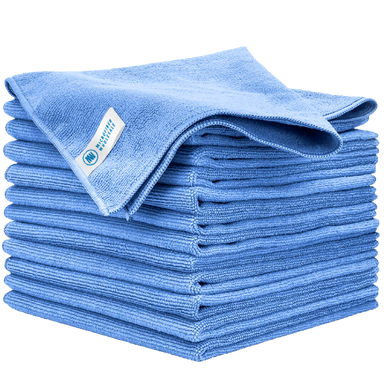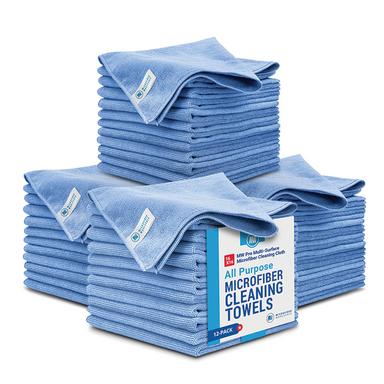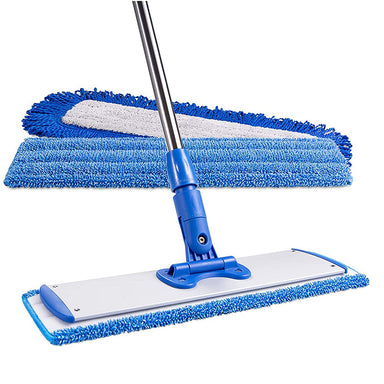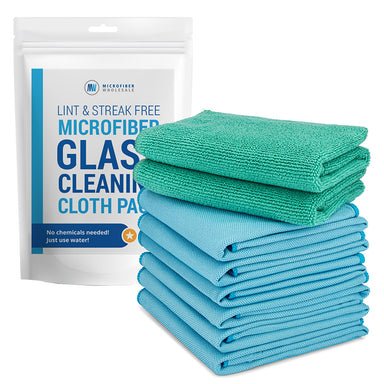Preparing Cleaning Equipment for the Day
Cleaning professionals take a strategic and methodical approach to prepare their supplies and cleaning caddy before starting a full day’s work. This process is essential to ensure both efficiency and effectiveness on the job.
Each step in their preparation is carefully planned to prevent any disruptions during the day, allowing them to maintain a seamless workflow and provide the high level of service that clients expect. Whether tackling residential homes, commercial offices, or specialty spaces, thorough preparation ensures they are equipped for any situation, no matter how big or small the task may be.
By organizing their supplies in advance and ensuring they have all the necessary tools on hand, cleaning professionals save valuable time, eliminate unnecessary back-and-forth trips, and reduce the risk of forgetting important items. It also helps them stay flexible and ready to handle unexpected challenges that may arise throughout the day.
Here’s a closer look at the routine that ensures cleaning pros are ready to deliver spotless results from start to finish.
1. Assess the Day’s Schedule
Before preparing the cleaning supplies, professionals will review their schedule for the day. Knowing whether they will be cleaning homes, offices, or more specialized spaces, such as medical facilities, helps them plan the specific tools and products they will need.
They also take into account the size of the spaces, the level of cleaning required (regular maintenance versus deep cleaning), and any special requests from clients.

















